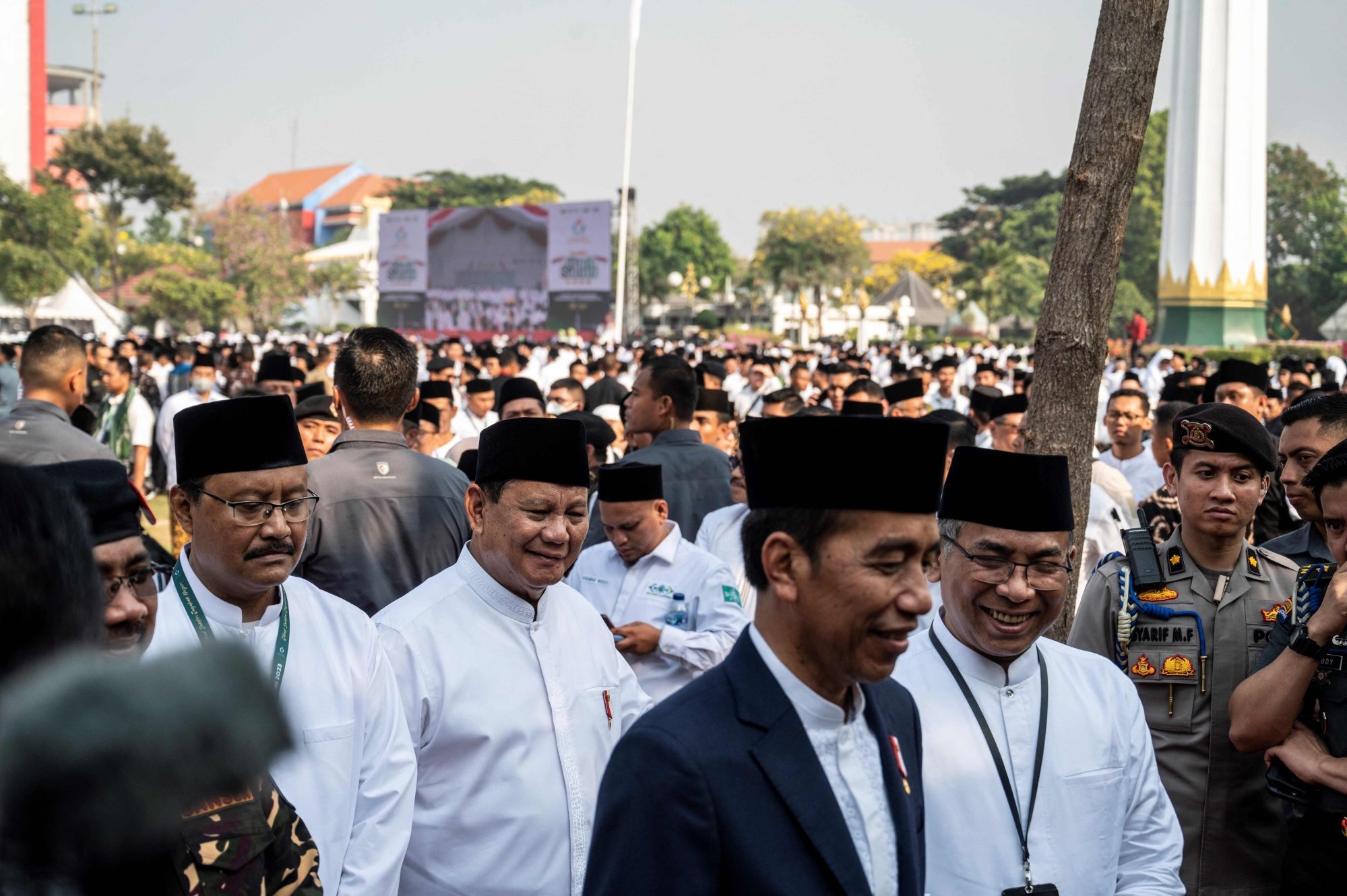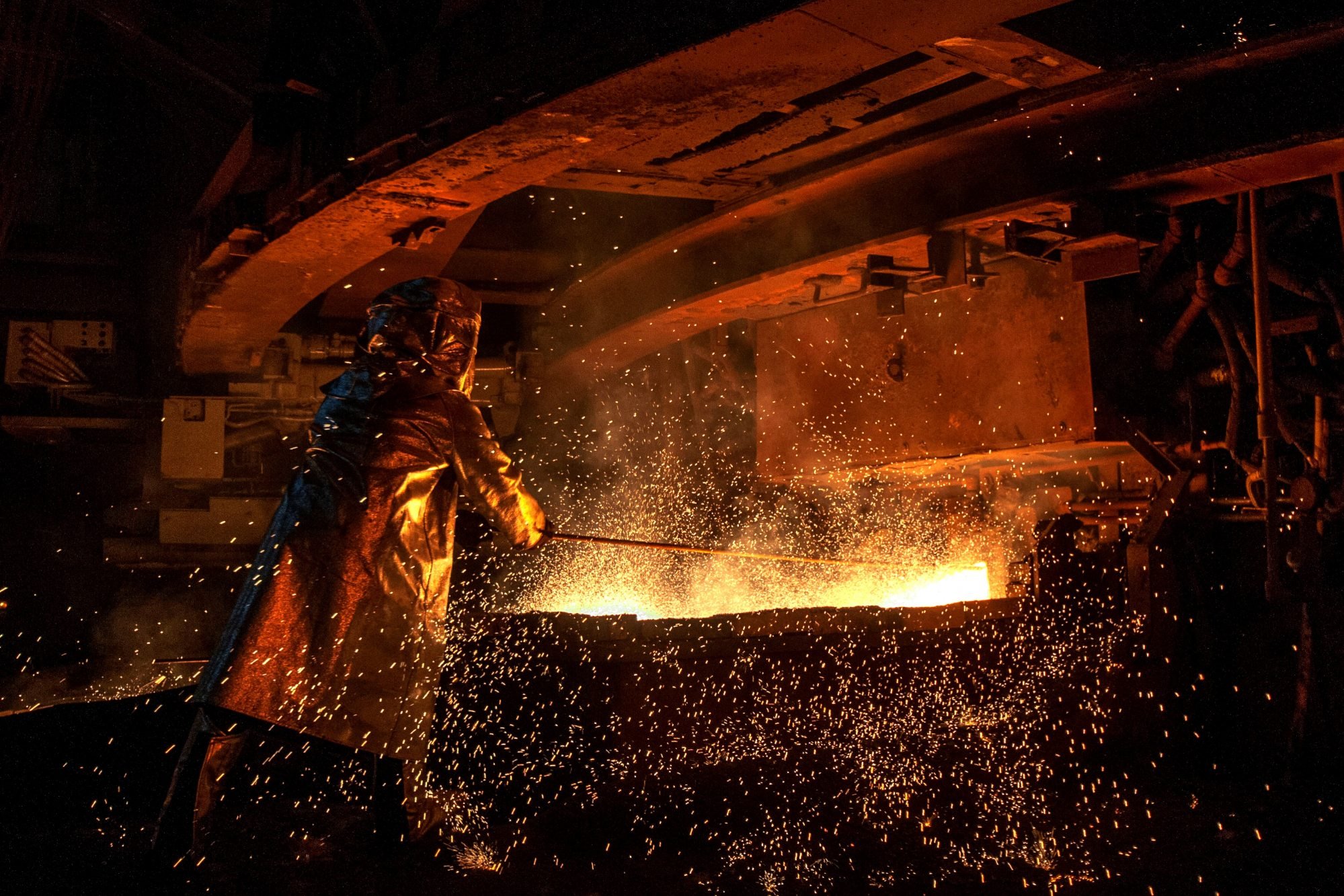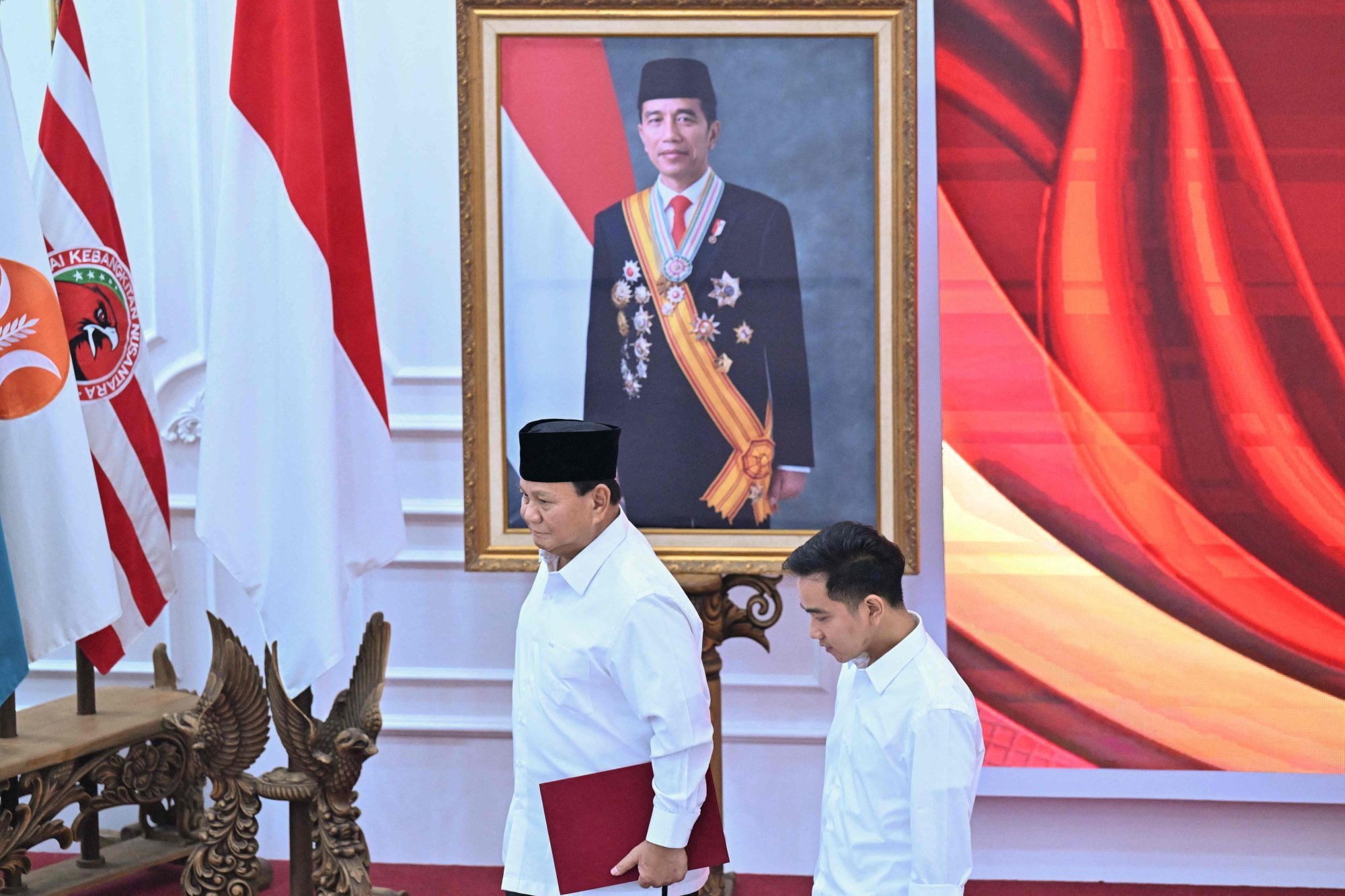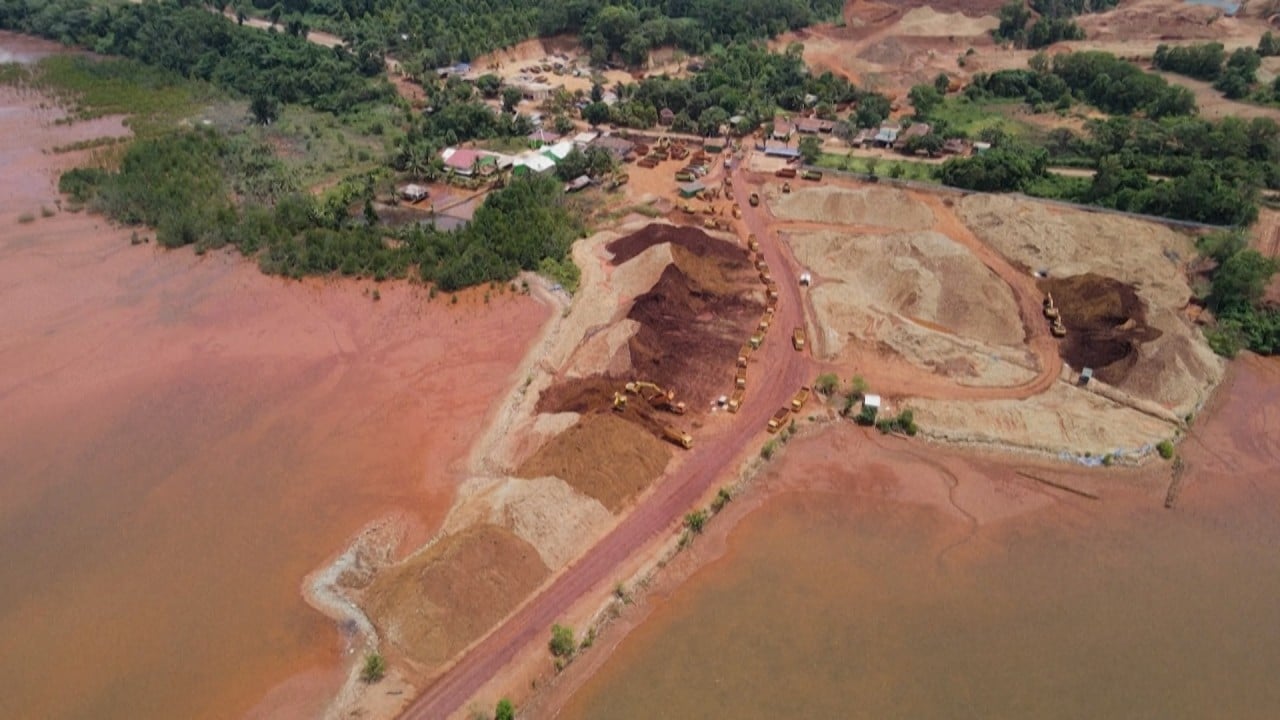“We will give NU coal concessions whose reserves are large enough to be managed in order to optimise the organisation,” Bahlil said in a speech on May 31 at a congress of NU students in the city of Bekasi, adding that the process was almost finished.

NU Chairman Yahya Cholil Staquf welcomed the new law, saying it was a “bold step” to expand the use of natural resources controlled by the state for the benefit of the people more directly.
“Nahdlatul Ulama is ready with qualified human resources, complete organisational tools and a business network that is strong enough to carry out these duties and responsibilities,” Yahya said in a statement on Monday last week.
In contrast to its current enthusiasm for mining, NU issued a fatwa, or Islamic ruling, in 2015 declaring environmentally damaging exploitation of Indonesia’s natural resources haram, or forbidden in Islam. In 2019, NU spearheaded public opposition to a gold mine in Jember regency, East Java, condemning the project as destructive to the local ecosystem.
Indonesia’s mining business licences, known as IUP, are typically issued by the Ministry of Energy and Mineral Resources to state and regionally owned enterprises, private businesses, co-operatives, or individual businesses.
Before Widodo’s regulatory change, the ministry was required under a 2021 regulation to auction the licenses for mining metal minerals and coal, while reserving special mining licenses for state or regionally owned firms that were required to have at least three years of mining experience. Religious organisations will not be subject to this experience requirement.
Yahya told reporters on June 6 that NU had asked for a mining licence from the government as soon as the revision was signed into law.
“So when the government gave this opportunity, we saw it as an opportunity and we immediately seized it; we needed it, so what else can we do?” he said.
‘Transactional’ policy
Not all major religious groups welcomed the announcement, with Muhammadiyah, the country’s second-largest Muslim organisation, saying last Monday that it “will not rush and measure its own capabilities so that mining management does not cause problems for the organisation, community, nation and state”.
Trisno Raharjo, chairman of Muhammadiyah’s Legal and Human Rights Council, said in a statement that the bypassing of auction processes in the new regulation was “unlawful” and could expose the grantees to “potential fraud”.
The Indonesian Catholic Bishops’ Conference, or KWI, has also declined to take up the opportunity.
“Economic growth must not come at the expense of people’s lives and environmental sustainability. Because of this, KWI does not seem interested in taking up the offer,” Marthen Jenarut, secretary of the organisation’s Commission for Justice and Peace, Migrants and Itinerant People, said in a statement on June 5.
“The Catholic Church strongly expects mass organisations representing Catholics to obey the principles of spirituality and social teachings of the Catholic Church in all their actions.”

Gomar Gultom, chairman of The Communion of Churches in Indonesia, said his organisation of protestant churches would not be taking part either, as mining was “beyond [its] mandate”.
As the organisation has been actively assisting victims of development policies, including those affected by the mining businesses, he said acquiring mining licence would cause it to “lose its moral legitimacy”.
Environmentalists have been quick to denounce the move. Melky Nahar, coordinator at the Mining Advocacy Network, or Jatam, said mining concessions would not be lucrative for religious organisations as “mining is not a sustainable [business]”.
“The economic model that is being pushed is unsustainable, very destructive, because it has more harm than benefits, particularly in the areas of food, water, and health in the places where the mines are,” Melky said.
He called the new regulation a form of “transactional politics between Jokowi and these mass organisations”, referring to Indonesia’s president by his popular nickname.
“They [religious organisations] have supported Jokowi’s regime a lot over the last 10 years. He offers these concessions so that religious organisations remain supportive of him after October,” Melky said.

Ian Wilson, senior lecturer at Australia’s Murdoch University who specialises in Indonesian politics, said Widodo’s new policy underlined the country’s “naked state-clientelism ”, in which Jakarta tried to gain support from religious communities for “climate-destroying industry” such as coal mining.
“This all serves to strengthen the view that it’s transactional. With coal mining in particular subject to increasing pressure due to its role in the climate crisis, it also appears an attempt to shore up support by creating common vested interests,” he said.


